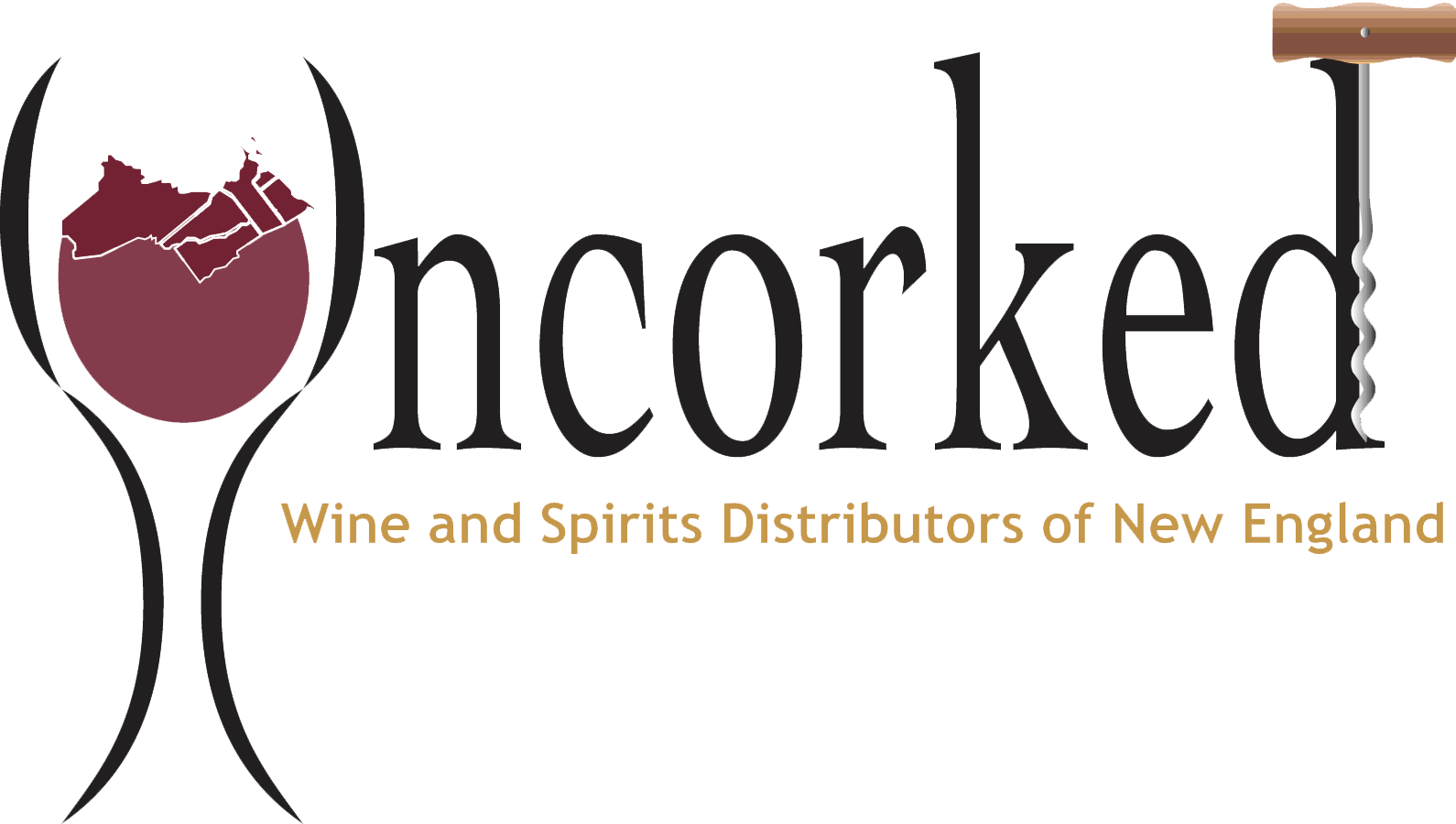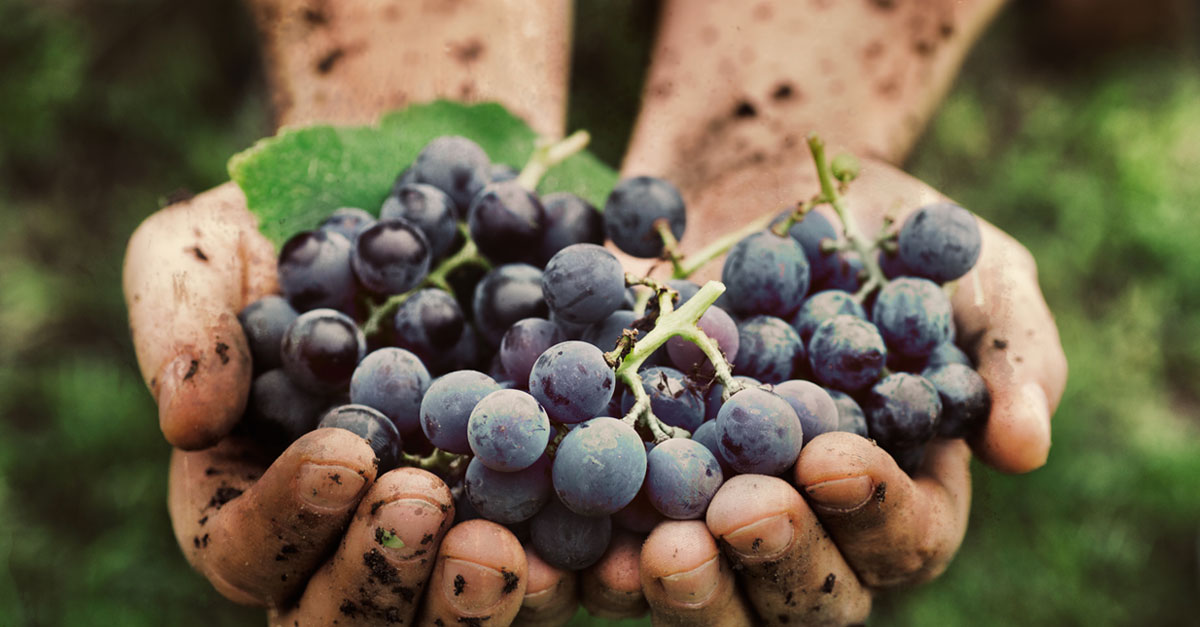Healthy Choices…Wine Trends: Organic, Biodynamic, Natural and Vegan
Does is it really matter? A vast majority of wine drinkers happily enjoy a glass or two of wine with dinner and have no side effects. But some of us have recognized that food, and the way it is grown and tended to, can aggravates our food sensitivities. I am guilty of looking for vineyards that participate in sustainable farming practices because of my food intolerances and my choice to put cleaner substances into my body. But what exactly does Organic, Biodynamic, Vegan, or Natural, mean in wine making?
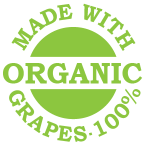 Organic: Simply put (regarding a subject that is far from simple), Organic wine is free from the use of pesticides, herbicides, insecticides, or chemical fertilizers. Organic wines also have lower or no added sulfites, depending on the country. In the United States we further distinguish between “Made with Organically Grown Grapes” and “Organic.” The sulfite standard is measured in ppm (parts per million). Conventional wines can have up to 350 ppm and organic wines can have up to 100 ppm but usually average 40-70 ppm. Organic wines must have less than 10 ppm (parts per million) to be considered certified organic, according to the United States Dept of Agriculture. Many vineyards claim to maintain their vineyards in an organic and sustainable way but cannot achieve the certification, and the expense is often prohibitive. Most family-owned, smaller vineyards try to grow their vines and do everything possible to keep their wines pesticide and chemical-free. From our portfolio: Santa Venerre, Italy and Langa Mitico Chardonnay, Spain.
Organic: Simply put (regarding a subject that is far from simple), Organic wine is free from the use of pesticides, herbicides, insecticides, or chemical fertilizers. Organic wines also have lower or no added sulfites, depending on the country. In the United States we further distinguish between “Made with Organically Grown Grapes” and “Organic.” The sulfite standard is measured in ppm (parts per million). Conventional wines can have up to 350 ppm and organic wines can have up to 100 ppm but usually average 40-70 ppm. Organic wines must have less than 10 ppm (parts per million) to be considered certified organic, according to the United States Dept of Agriculture. Many vineyards claim to maintain their vineyards in an organic and sustainable way but cannot achieve the certification, and the expense is often prohibitive. Most family-owned, smaller vineyards try to grow their vines and do everything possible to keep their wines pesticide and chemical-free. From our portfolio: Santa Venerre, Italy and Langa Mitico Chardonnay, Spain.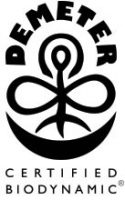
Biodynamic: These growing practices take things “beyond organic”. In the United States the Demeter Biodynamic certification is difficult to achieve. Not only are the vines pesticide, and chemical-free, they use natural means of composting the soil with the use of herbal concoctions, use cow horns to enhance the soil, and plant and harvest according to the phases of the moon. Biodynamic farming goes above and beyond in its sustainability and almost spiritual wine production, very much in tune with nature and the earth’s cycles. There are NO added sulfites. From our portfolio: Krasna Hora, Czech Republic.
 Vegan: Vegan wines, traditionally, do not use fining, a filtering technique that employs gelatin to draw impurities, which is animal derived. In white wines fining helps to keep the wine clear and in reds it can help reduce bitterness. As more vegan-friendly “fining” options become readily available (such as carbon and bentonite) to help with clarifying, reducing bitterness and creating consistency, expect more vegan wines to appear on the market. From our portfolio: Shelburne Vineyards Iapetus Wines, Vermont and Chapillon Wines, Spain.
Vegan: Vegan wines, traditionally, do not use fining, a filtering technique that employs gelatin to draw impurities, which is animal derived. In white wines fining helps to keep the wine clear and in reds it can help reduce bitterness. As more vegan-friendly “fining” options become readily available (such as carbon and bentonite) to help with clarifying, reducing bitterness and creating consistency, expect more vegan wines to appear on the market. From our portfolio: Shelburne Vineyards Iapetus Wines, Vermont and Chapillon Wines, Spain.
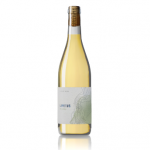 Natural: Natural wines are the least manipulated wines. They often include most of the above practices with the added caveat that they don’t add anything to the wine at all. No yeast, sulfites, or additives Grapes are all hand-picked, and they don’t even ferment in oak barrels. This is a very hands-off approach to winemaking. The winemaker is there to guide nature’s process. From our portfolio: Shelburne Vineyards Iapetus Wines, Vermont.
Natural: Natural wines are the least manipulated wines. They often include most of the above practices with the added caveat that they don’t add anything to the wine at all. No yeast, sulfites, or additives Grapes are all hand-picked, and they don’t even ferment in oak barrels. This is a very hands-off approach to winemaking. The winemaker is there to guide nature’s process. From our portfolio: Shelburne Vineyards Iapetus Wines, Vermont.
Uncorked, aware that everyone approaches wine from different perspectives, applies a very discerning hand when adding wines to our portfolio, and we offer selections in each of these categories. We are proud to say that most of our vineyards use sustainable and pesticide-free growing practices. Expecting more from our food and its sustainability in our environment is more than a growing trend, and wine-not expect more!
Credits to: www.theorganicwineco.com, www.justwineapp.com, www.winerevolution.com, www.vivino.com
